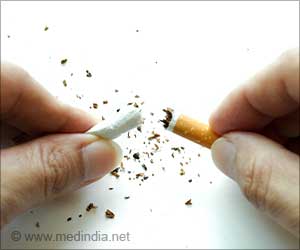The harassment and imprisonment of drug users in China is undermining the country's response to the HIV/AIDS epidemic, activist group Human Rights Watch said on Tuesday.
Drug addicts in communist China reportedly face frequent harassment and imprisonment by the country’s own public security forces that has only further alienated drug users from community help, the activist group Human Rights Watch said on Tuesday. Through such behavior, public forces are denying drug users from access to treatment for HIV/AIDS and also addiction-rehabilitation.
"The government has expanded prevention and treatment programmes for drug users," said Joe Amon, HIV/AIDS programme director at Human Rights Watch."But at the same time, the police are detaining drug users trying to access these services, and putting drug users in so-called 'drug rehabilitation centers' where they are provided no drug dependency treatment and no HIV prevention or treatment services."
China has three to six million drug users, and nearly half of all recent HIV transmission has been associated with drug use, the group said, quoting official government reports.
Since 2000, the government has set up more than 500 methadone treatment clinics, but it has also increasingly put drug users in mandatory rehabilitation centers, the report said.
"The Chinese government claims that drug users are sent to these facilities for drug dependence treatment," said Amon.
"But instead of treatment they are put in overcrowded cells, denied medical care, beaten, and forced to do menial work. On top of it all, their families are forced to pay for the 'therapy' they receive."
Advertisement
China's health ministry declined comment when approached by AFP on Tuesday. It said requests for a reaction should be directed to the public security ministry, but it, too, did not immediately provide a comment.
Advertisement
But campaigners have previously warned that the true figure could be up to 10 times higher.
Thousands were infected during the 1990s through tainted transfusions at illegal blood collection stations, but the focus of attention is now shifting to high-risk groups such as drug users, gay men and sex workers.
Source-AFP
TAN/M









